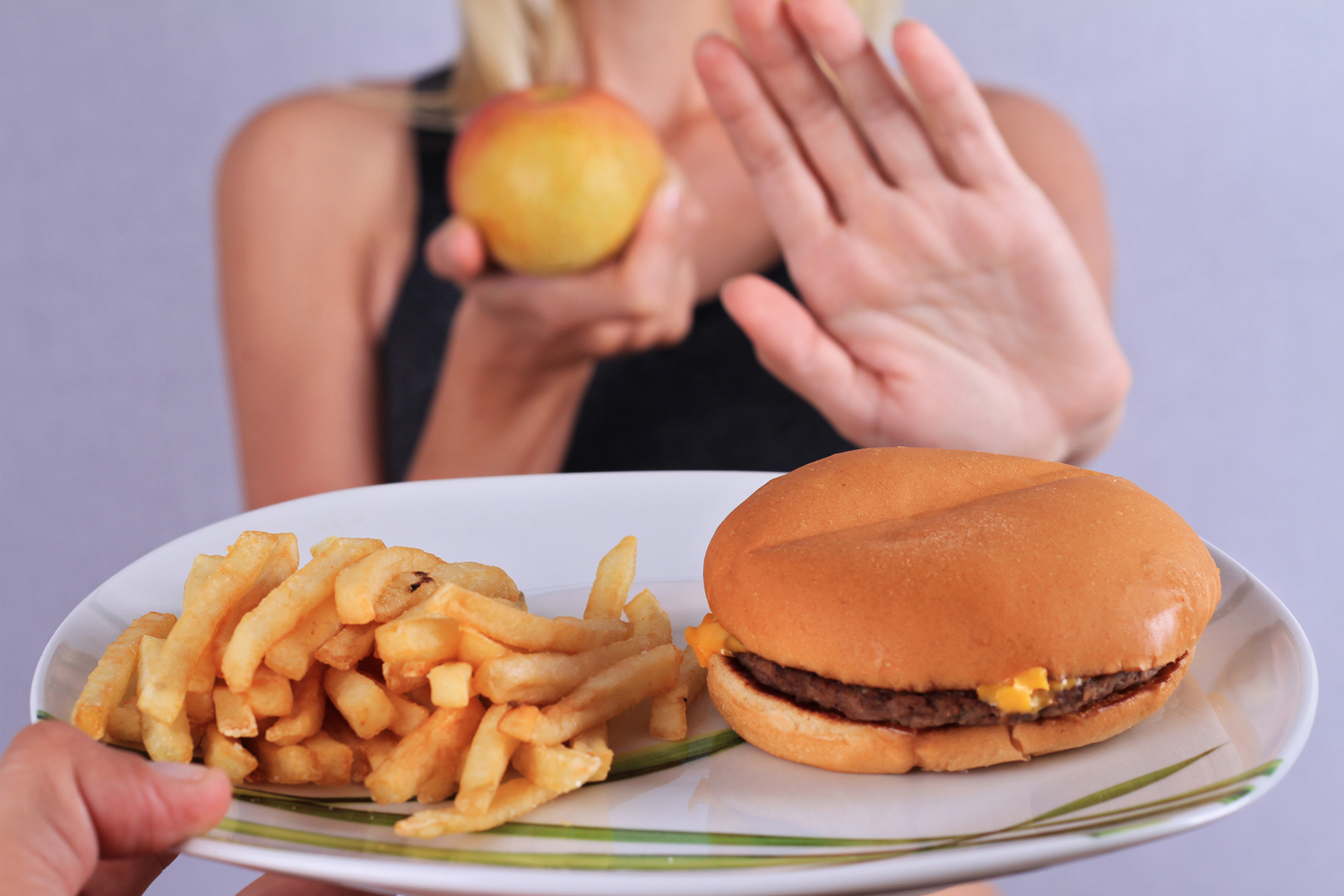
Food Ingredients to Avoid with ADHD
As important as it is to ensure that people with ADHD follow a healthy diet, it is also equally, if not more, important to avoid all the ingredients that can worsen the symptoms of the condition. This article lists some of these foods a person with ADHD should avoid. Read on for some dietary tips for managing ADHD:
- Trans fat
Trans fats are not natural. A manmade ingredient, it increases sugar levels, blocks arteries, and contributes to obesity. Every single food that people are addicted to has trans-fat – potato fries, processed and mass-produced snacks, cookies, coffee creamer, and the list is never-ending. It is best to limit the intake of trans fat to less than one percent of the daily intake of calories, regardless of whether it’s for men, women, or children. - Saturated fats
These fats are naturally found in food, mostly in animal protein. While many say saturated fats can add to bad cholesterol, it is an ongoing debate. There is no consensus yet, so a beneficial dietary tip for managing ADHD in such cases is to include or avoid ingredients based on the doctor’s advice. - Preservatives and additives
Multiple studies have shown the positive correlation between artificial coloring and hyperactivity and other symptoms of ADHD, like irritability, attention, and sleep-related issues. Experiments were conducted where kids were kept away from food additives for a month, which led to an improvement in the symptoms. - Sugar
Kids end up consuming more sugar than adults through the consumption of cereals and juices to baked goods like bread, cookies, cakes, and pizzas. Additionally, all processed foods aimed at kids are loaded with sugar. Processed sugar is a carb that gives a sudden burst of energy, but it also fades off quickly. These constant highs and lows in energy levels are typical symptoms of ADHD. Sugar also leads to inattention and lack of an ability to concentrate, along with impulsive behavior. A helpful dietary tip for managing ADHD and its symptoms is to replace sugary snacks with fruits and colored soda with fresh juice. - Allergens
If your child has food sensitivities or is allergic to a particular food, ensure that the allergen is identified and removed from their diet plan. Food sensitivity in a child with ADHD can increase the incidence of stomach ailments, rashes, lack of concentration, impulsive behavior, and hyperactivity. - Food dyes
Food dyes can bring on the symptoms of ADHD, which could last beyond teenage. Replace colored colas with fresh fruit juices, preferably homemade, and avoid candy, fondant, and cream cakes as they contain food dyes. - Pesticides
A urine test among kids revealed that kids with higher levels of pesticides in their urine were more likely to be affected by ADHD as compared to others. A dietary tip for managing ADHD and preventing this risk factor is to buy organic produce as much as possible. Also, always wash and clean veggies and fruits thoroughly before using, and discard the peels if you do not get organic produce.



